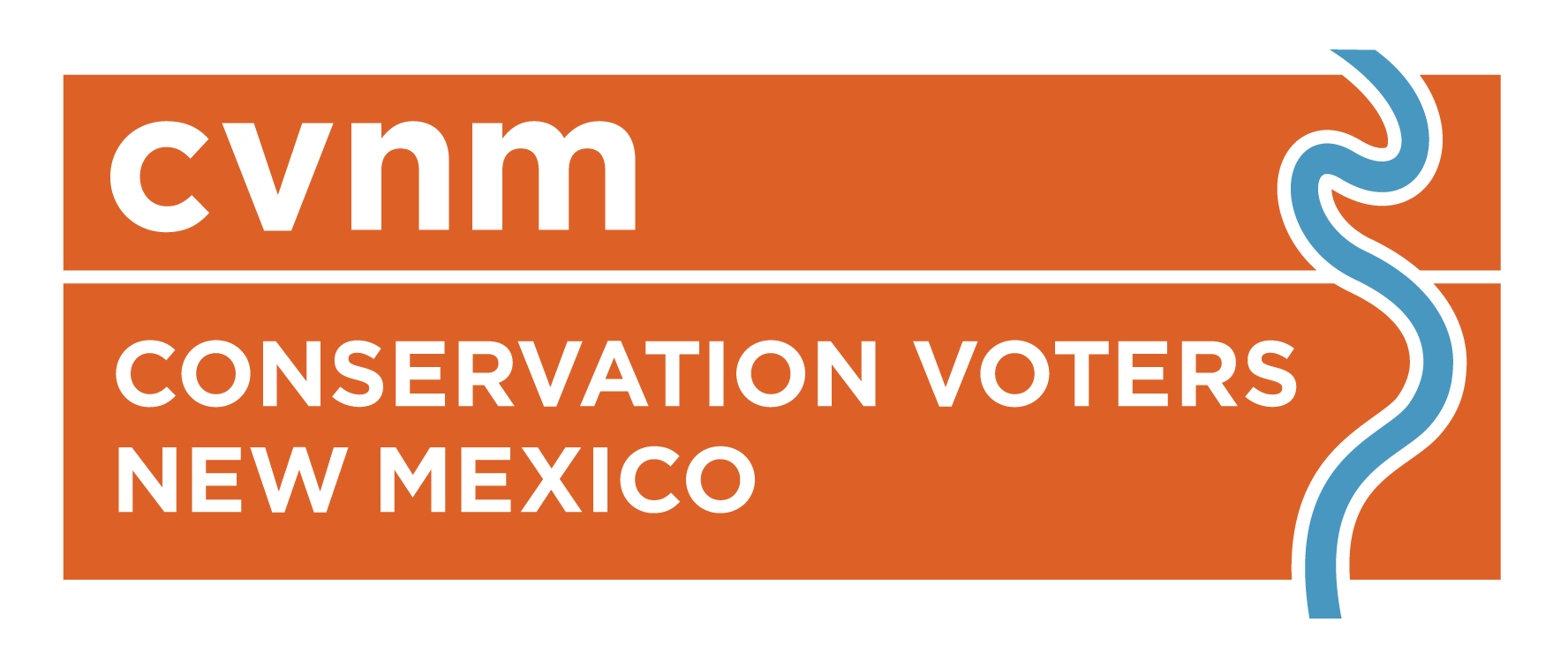Effective Government
Effective government (or “good government”) refers to the way in which elected officials exercise their political authority to serve their constituencies. Good governance with respect to the environment requires that decisions are made and implemented using legitimate (legal), transparent, participatory, responsive and equitable processes to achieve effective policies that protect New Mexico’s communities and natural resources.
In part because of the ugly, partisan struggles that have dominated New Mexico politics over the past several years over everything from the state budget to environmental rulemaking, many New Mexicans have lost faith in our elected representatives. Many believe that “Santa Fe” no longer works for ordinary people or in the interest of our families and communities.
New Mexicans deserve better from our elected officials than:
- Having Governor Martinez unlawfully suspending rules designed to protect water quality, improve energy efficiency or reduce harmful carbon pollution; and,
- Having the legislature sacrifice the enforcement of public health and safety laws in order to balance the budget when they could instead have closed tax loopholes for out-of-state oil and gas companies to generate funds.
The Administrative Rulemaking Trend: A recent, disturbing trend against effective government is the push for the legislature to have more direct control over administrative rulemaking. New Mexico has thousands of state rules on the books in its Administrative Code, all adopted in accordance with laws passed by the state legislature. Many of these rules involve complicated standards established after exhaustive consideration of many hours of expert and public testimony, and thousands of pages of technical documents.
The legislature, on the other hand, works 30- or 60-day sessions that already involve hundreds or thousands of bills and other measures. Our citizen legislators simply do not have the time or capacity to deliberate a rule adequately—with appropriate technical testimony and scientific study, likely resulting in decisions that would be based at least partly on political considerations and pressure from lobbyists.
This does not mean that the current administrative rulemaking process is without its flaws. For an example of both good and bad government with respect to rulemaking, see this story of how energy conservation rules were first adopted and then repealed.
Example of action that fosters effective government:
It is difficult to achieve good government without transparency. Fortunately, after a few fits and starts, the legislature passed a measure sponsored by Senator Sander Rue creating the “Sunshine Portal.” The portal provides public access to important information about New Mexico state government, including spending, budgets, revenues, employees, contracts and more.
Examples of actions that fail to foster effective government:
In several cases, the Martinez administration has dismantled, or attempted to dismantle, rules already on the books in New Mexico.
- Initially, the administration unlawfully refused to publish the duly-adopted rules on energy efficiency, water quality and carbon pollution. After the Supreme Court forced Martinez’s agencies to follow the law in those cases, her appointed boards and commissions sought to reverse prior decisions with the absolute minimum of public input and consideration.
- The New Mexico Game Commission repealed a ban on trapping in the Gila National Forest, further threatening the endangered Mexican gray wolf and other wildlife.
- And the Construction Industries Commission reversed a common-sense energy conservation code designed to save New Mexicans money on their utility bills. You can find an excellent description of how two rulemakings on the same issue can be starkly different with respect to transparency here.

